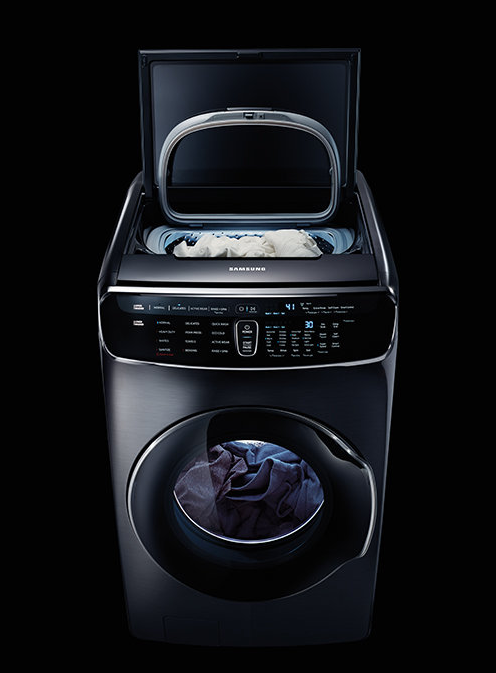Government/Policy

December 11, 2017
Washing Machine Battle Heads to President in January
Written by Sandy Williams
Washing machine manufacturers Samsung and LG won a partial victory in the Section 201 safeguard investigation initiated by Whirlpool and GE. Whirlpool is asking for quotas and a 50 percent digressive tariff on imports of all large residential washers (LRWs) in 2018. Beginning in 2019, the rate would be reduced to 49 percent and then 48 percent in 2020. In addition, Whirlpool requests a quota on “covered parts” not to exceed the average quantity of imports of such parts over the last three years. The U.S. International Trade Commission said the proposed Whirlpool remedies would “unduly restrict competition in the U.S. market” and burden consumers and retailers.
The commission, however, rejected LG and Samsung’s request that no import restraints be imposed.

“Instead, we find LG’s and Samsung’s alternative proposal, for a [tariff-rate quota] on imports of LRWs, with an over‐quota tariff of 50 percent, to be the appropriate form of relief, but with a different level of in‐quota volume than that proposed by respondents,” argued the commissioners. “The in‐quota volume level proposed by LG and Samsung, 1.45 million units, is around half the peak level of import volume in 2016 when the domestic industry’s operating losses also peaked.”
The commission suggested that imports above 1.2 million units should receive the 50 percent tariff for a period of three years.
The commissioners disagreed among themselves on what the in-quota tariff rate should be. Two commissioners suggested an in-quota tariff rate of zero for both washers and covered parts during the three-year period, which would reduce volume of imports “by more than half and cause market prices to increase.” Two other commissioners called for an in-quota tariff rate of 20 percent in year one, 28 percent in year two, and 15 percent in year three, saying it would benefit the domestic industry by increasing import prices.
Regarding covered washer parts, the ITC suggested a separate tariff rate quota volume of 50,000 units, after which a 50 percent tariff would be imposed. Over the three-year safeguard period, the quota would increase by 20,000 units and the tariff decrease by 5 percent.
“Whirlpool and GE’s proposal that the commission impose a quota equivalent to the quantity of covered parts necessary for the service and repair of existing LRWs would prevent LG and Samsung from importing the covered parts necessary to address unforeseen disruptions to the domestic production of covered parts at their planned U.S. plants,” stated the commissioners.
“On the other hand, LG and Samsung’s proposal that the commission impose no import restrictions on imports of covered parts would make it possible for LG and Samsung partially to circumvent the safeguard remedy by importing covered parts for simple assembly into finished LRWs at their new U.S. plants and could alter their business decision regarding the specific operations to conduct at those plants.”
Samsung and LG are opening manufacturing plants in the United States within the next two years. Samsung’s South Carolina plant is expected to start production in early 2018 and LG’s plant in Clarksville, Tenn., in first-quarter 2019.
A hearing on the Safeguard action will be held by the Trade Policy Staff Committee on Jan. 3. The president will have until Feb. 4 to decide whether to impose trade restrictions and, if so, which remedies to enact and for how long.
(Note: Information for this article was sourced from Inside U.S. Trade.)







